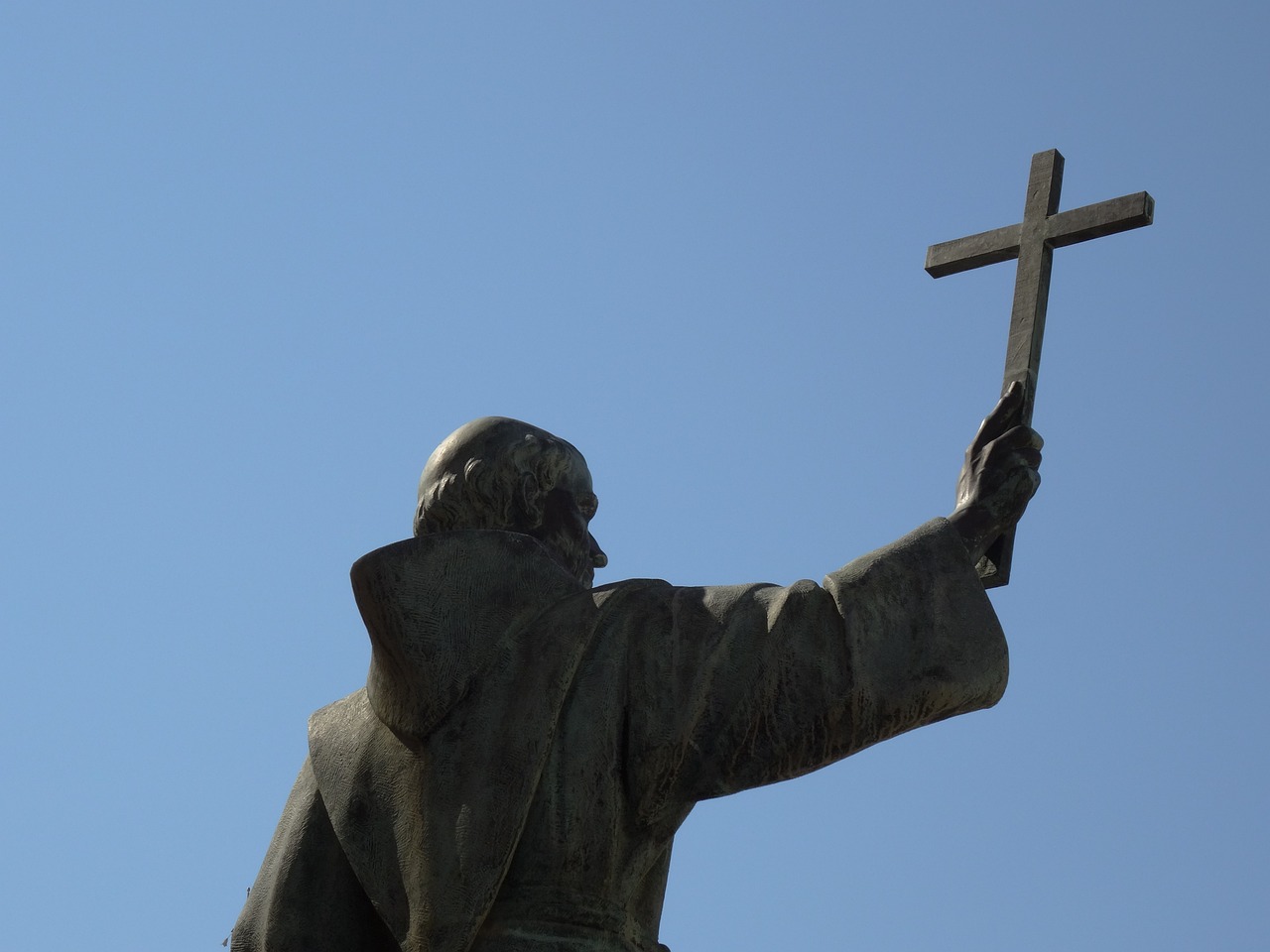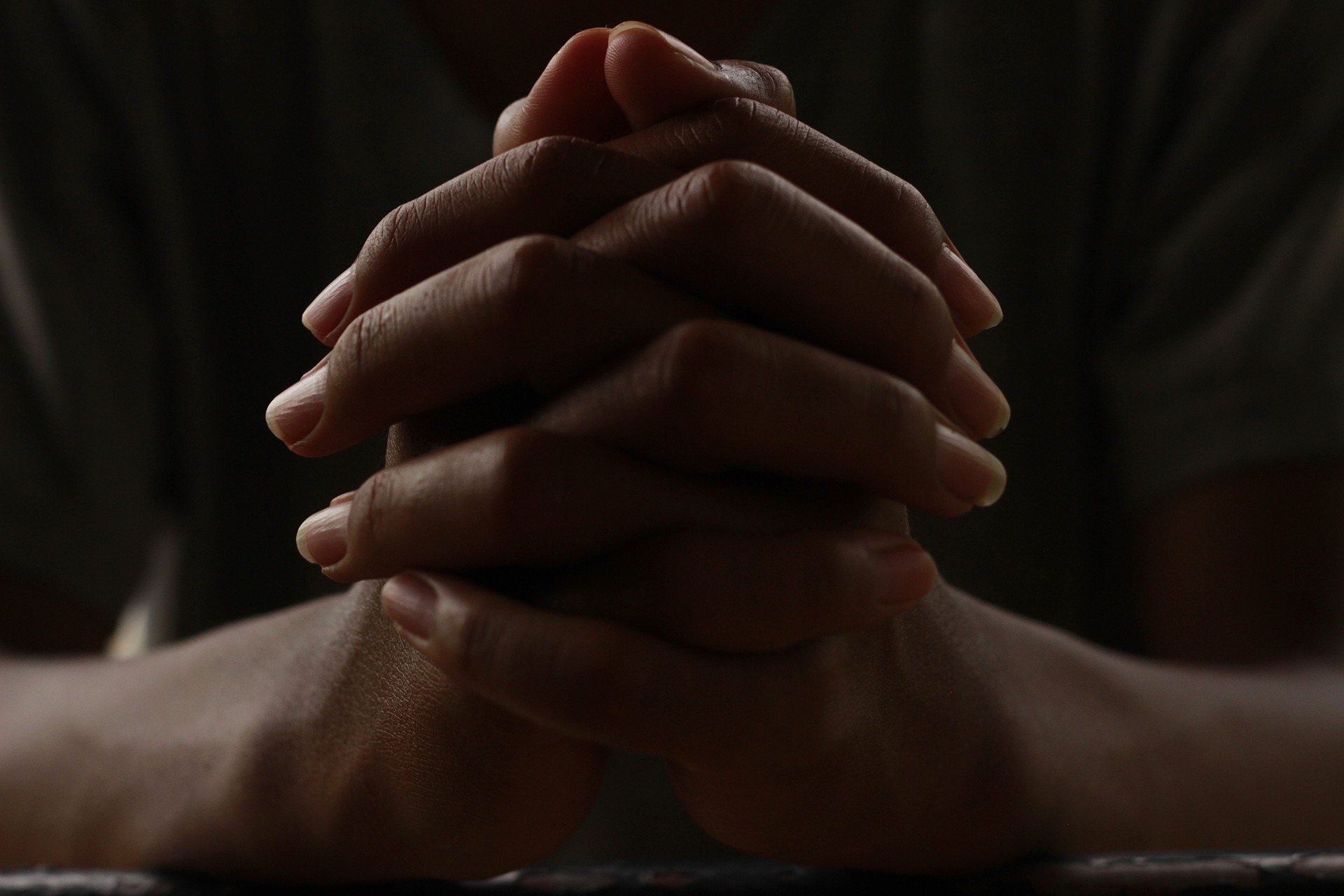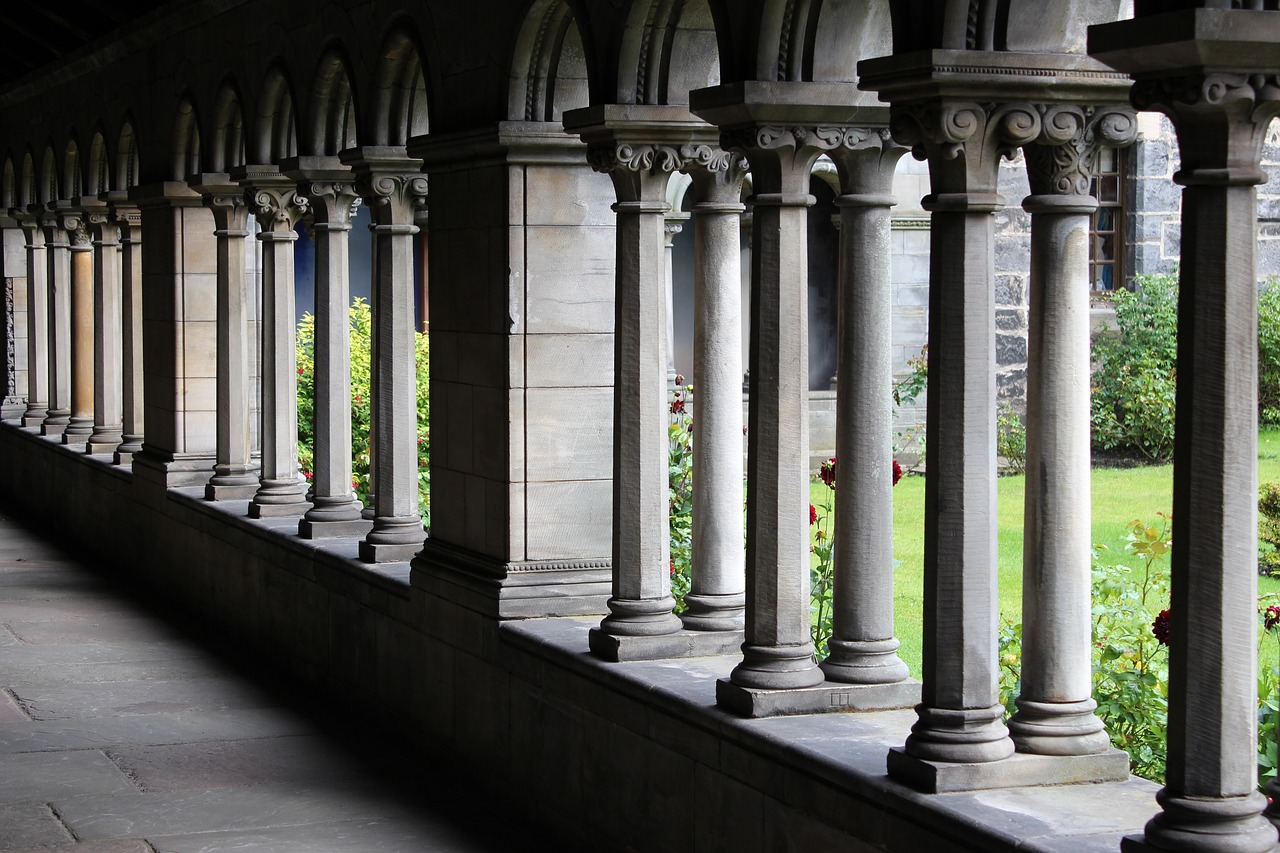
This is a question best addressed by canon law, and the answers are less clear than might be expected. The section that describes "Institutes of Consecrated Life and Societies of Apostolic Life" (cc. 573-746) notes that laws governing religious life are to meet certain criteria—most fundamentally, the evangelical counsels of chastity, poverty, and obedience (c. 573.1). It's also presumed that the individual and her community are mutually responsive to a call by the Holy Spirit, which must be confirmed by the proper church authorities (c. 573.2). However, it's not specified in every instance whether that authority implies the superior of the order, the local bishop, the Holy See, or any combination of the above.
The spirit of the community's founder should be represented by the work of the institute and its members (c. 578). Which means an order founded to be contemplative should pursue this vocation, just as those founded for teaching, healing, service to the poor, etc. should maintain this calling. These guidelines are deliberately drawn very broadly, to admit the ongoing guidance of the Holy Spirit as well as the evolving need of each new generation. For example, Mother Frances Cabrini's Missionary Institute of the Sacred Heart originally embraced service to Italian immigrants in the U.S. In later generations, their service expanded to other immigrant groups and to other countries.
Does the flexibility purposely built into these canons expand to admit a woman religious to the field of law enforcement if her religious community was founded on the charism of justice for the poor or prison ministry? Might she fulfill her calling serving in a forensic lab if her intent is to ensure that DNA testing is properly done for incarcerated persons who were poorly represented at trial or whose guilty sentence may have been racially motivated? These occupations likely didn't exist at the time of her community's founder. Yet were the founder alive today, would she see this work as an extension of the charism?
Other canons concern "unbecoming activity" for church leaders (see canons 285-289), but these explicitly refer to ordained clergy. These activities presently include holding public office, but historically included fox hunting, bartending, cab driving, professional prize-fighting, horse racing, and serving as a jailor. The "Worker Priest" movement of the 1940s and 50s—in which some clergy worked among the people at manual labor—was dimly viewed, yet there's still no canonical impediment for clergy to do so.
Scriptures: Amos 1:1; 7:12-15; Acts 18:3; 20:33-35; 1 Corinthians 4:11-13; 9:1-18; 1 Thessalonians 2:9
Books: God's Call Is Everywhere: A Global Analysis of Contemporary Vocations for Women, by Patricia Wittberg, SC, Mary L. Gautier, Gemma Simmonds, CJ (Liturgical Press, 2023)
Called to Serve: A History of Nuns in America, by Margaret M. McGuinness (New York University Press, 2015)










